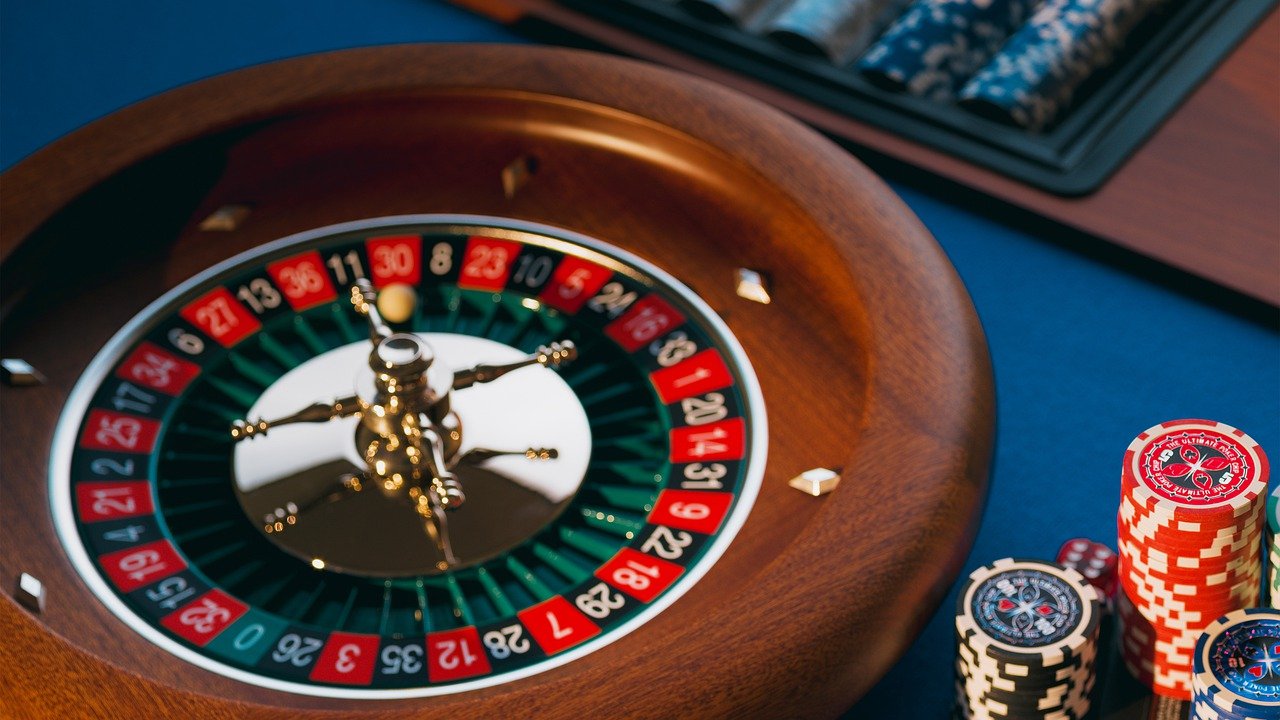
Casino games have long been a fascinating form of entertainment, drawing countless of players from varied cultures around the globe. From the opulent casinos of Las Vegas to the thriving gambling halls of Macau, these games serve as a common thread that unites people across a variety of backgrounds. The allure of chance, skill, and risk entices not only those seeking to strike it rich but also those in search of a feeling of belonging.
The influence of casino games extends significantly past the gaming floor. They often represent the values and traditions of the societies in which they prosper. Games such as poker, pontoon, and roulette have embedded themselves into the tapestry of cultural phenomena, influencing multiple fields from movies to style. As we explore this captivating intersection of gambling and life, we can comprehend better how gambling games shape and are affected by the world around us.
Historical Progression of Gaming Games
The origins of gaming activities can be tracked back to ancient civilizations, where betting in various forms was widely practiced. In the East, around 2300 B.C., a variant of luck game known as Keno was well-known, while in historic the Roman Empire, soldiers would regularly gamble on the consequences of their games. The concept of using randomness for entertainment and profit progressed over the ages, leading to the formation of more organized games. By the end of the Middle Ages, betting houses initiated to appear in the continent, particularly in the Italian peninsula, which presented early incarnations of famous games still enjoyed today.
As gambling gained fame in European regions, the 17th and 18th centuries saw the rise of gambling establishments as dedicated venues for betting. The first official gaming venue, the Ridotto, was founded in the Venetian city in 1638, offering activities like Baccarat games and Faro games. This time marked a major pivoting point, as casinos began to welcome not just the wealthy but also the growing middle class. The refinement of games grew, leading to the introduction of new rules and modifications that improved the experience of players.
In the 19th century, the industrial revolution and changes in societal conventions further transformed the landscape of gambling games. The arrival of roulette and modern slot machines drew a broader crowd, and gaming houses became seen as legitimate forms of recreation. This time witnessed the worldwide proliferation of casino activities, as casinos extended from European nations to the Americas, culminating in the development of the famous Las Vegas Boulevard in the 20th century. The evolution of casino games has persisted into the present day, integrating new technologies and online platforms, allowing them open to a global market.
### Cultural Importance in Diverse Communities
Casino games have profound social importance within a multitude of societies around the planet. In Las Vegas, the very core of the city is woven around casinos, where playing is not just a recreational activity but a key aspect of entertainment and community life. The vivid lights and dynamic atmosphere attract a vast audience, showcasing how casino games can influence local economical structures and cultural identities. This surrounding transforms the notion of recreation into an immersive event that shapes apparel, sound, and even cinema.
Conversely, some communities treat wagering with an air of caution, seeing it through the lens of ethical beliefs and customs. For instance, in various Eastern cultures, games like Mahjong and Pai Gow Poker are rich with history and possess significant social meanings. These games are often played during meetings and festivities, fostering collective connections and solidifying kinship ties. The act of participating in these games goes beyond mere entertainment, reflecting ethics such as deference to seniors and the importance of communal fun.
Simultaneously, in Western countries such as Monte Carlo and the Italian Peninsula, gambling activities serve as symbols of luxury and elegance. The stylish atmosphere of these establishments attracts both tourists and native inhabitants, reinforcing a sense of status and elitism. The art of the game of poker and the strategic features of games like banker’s game are celebrated, shaping social dynamics and creating an attraction that captivates a heterogeneous audience. This underscores how games of chance can simultaneously echo and influence cultural perspectives towards danger, reward, and community interaction.
Financial Influence and Travel Industry
Gambling activities play a crucial role in the financial context of many areas, particularly those that rely heavily on visitor traffic. The revenue produced from gambling establishments fuels local economies, creating jobs not only within the casinos but also but also in connected industries such as hospitality, restaurant services, and entertainment. This surge of tourists, drawn by the allure of gambling and the overall casino experience, stimulates expenditure across multiple local enterprises, contributing to the economic vitality of the region.
The existence of casinos often leads to the construction of facilities, including lodging, transportation systems, and leisure amenities. These improvements are essential in enhancing the overall tourist experience, making destinations more attractive to visitors. Additionally, many casinos contribute in local communities through support of events and philanthropic activities, further embedding themselves into the social fabric of the locality. 8OK Such contribution not only supports economic growth but also fosters a positive image of the casino industry.
Moreover, the worldwide appeal of casino games drives competitive tourism, with regions vying to attract gamblers from around the world. Iconic destinations like Las Vegas and Macau have become synonymous with casino culture, drawing millions annually. This advantage encourages creativity and variety within the gambling sector, influencing developments in leisure and accommodation that extend beyond their borders. The ripple effects of this tourism extend far, impacting local economies and cultural exchanges on a global scale.
